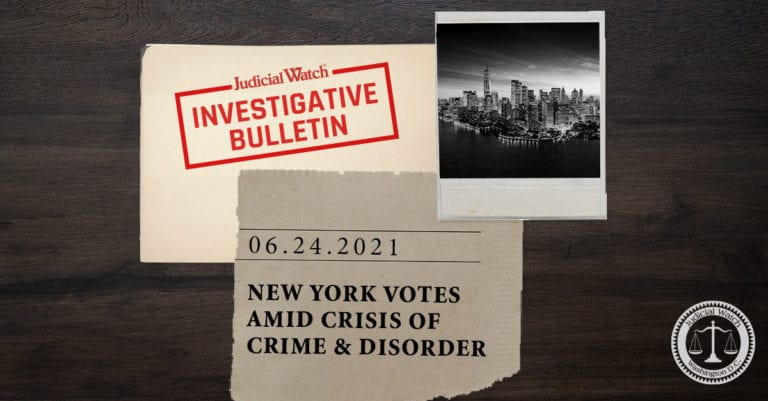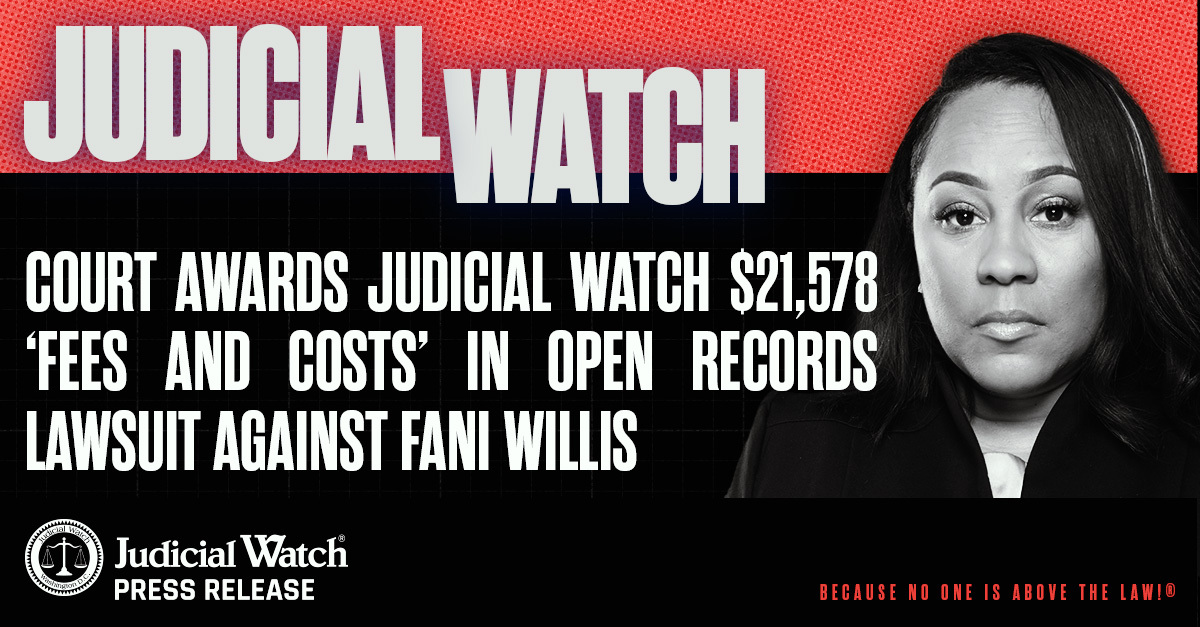

New York Votes Amid Crisis of Crime & Disorder


New Yorkers went to the polls Tuesday amid a spiraling crisis of urban violence. In a city where Democrats outnumber Republicans six to one, Tuesday’s primary voting will effectively decide the elections. Up for grabs is the office of mayor, city comptroller, public advocate, the majority of the city council, and the powerful office of Manhattan district attorney.
The candidates felt the heat. Crime and disorder are sharply up in the city, and the issue has dominated the last months of campaigning. The numbers tell the story: for May 2021, the overall crime rate rose twenty-two percent, compared with May 2020, according to NYPD statistics. Robberies increased forty-six percent. Assaults increased twenty percent. Shootings increased seventy-three percent.
The city’s iconic Washington Square Park has become a nightly battleground between lowlifes and police, with horrified local residents clamoring for more security. Open drug use and drinking is widespread. On a typical recent Saturday night, protestors hurled objects at police, a woman was assaulted, two men were slashed with a razor, and a 77-year-old cook was hurled through the window of a nearby diner.
The subways—an economic lifeline for the city—have become a danger zone. “Minor” crimes such as turnstile-jumping, drinking alcohol, and public urination are commonplace. Assaults, rapes and murders are up. Overall, subway crime has jumped ninety-three percent from the previous year, according to NYPD statistics.
Our friends at the Wall Street Journal remind us that after inheriting a prosperous, safe city from mayors Rudy Giuliani and Michael Bloomberg, Bill de Blasio squandered the legacy. “Crime and disorder have returned amid progressive assaults on police and anti-crime strategies that worked. Bail reform let repeat offenders free. The mentally ill homeless attack subway riders and pedestrians. The mayor had his police chief disband the anti-crime unit that searched for illegal guns, and shooting have soared.”
Crime is up in cities large and small across America. In Miami, murders are up thirty percent year over year. In Chicago, 294 people have been murdered as of June 12—that’s twenty-one more than the same period last year. In Jackson, Mississippi, homicides are up nearly seventy percent year over year. In Lubbock, Texas, homicides doubled from 2019 to 2020. In Atlanta, murders, rapes, and assaults are rising. In Denver, murders are up twenty-three percent and shootings sixty-two percent.
The New York races were populated mostly by the progressive Left. The candidates’ platforms continue the policies of the de Blasio years or take the city even further down the progressive path with plans to shift funds from the NYPD and empty the jails. A handful of relative moderates, such as mayoral candidate Eric Adams and Manhattan DA contender Tali Farhadian Weinstein, made aggressive crime reduction centerpieces of their campaigns.
New York has instituted a program of complex ranked choice voting and absentee ballots are still to be counted. But preliminary election returns show Adams in front, with a strong lead over far-left candidate Maya Wiley, thirty-two percent to twenty-two percent. In the Manhattan DA race, which does not use ranked voting, center-left candidate Alvin Bragg holds a narrow lead over Farhadian Weinstein, with absentee ballots still to be counted. Radical progressive candidates in a handful of races appear to have fended off ranked choice challenges and captured City Council seats and the comptroller’s office.
Adams—a former cop and former Republican—has caused much handwringing among the New York cognoscenti. Left-wing hopes were high for a successor to de Blasio, and an Adams victory will be widely interpreted as a setback for progressives. With ranked choice still to play out and absentee ballots to be counted, final results won’t be announced until July.
Meanwhile, the mayhem continues.
***
Micah Morrison is chief investigative reporter for Judicial Watch. Follow him on Twitter @micah_morrison. Tips: [email protected]
Investigative Bulletin is published by Judicial Watch. Reprints and media inquiries: [email protected]















